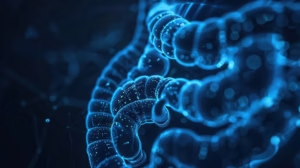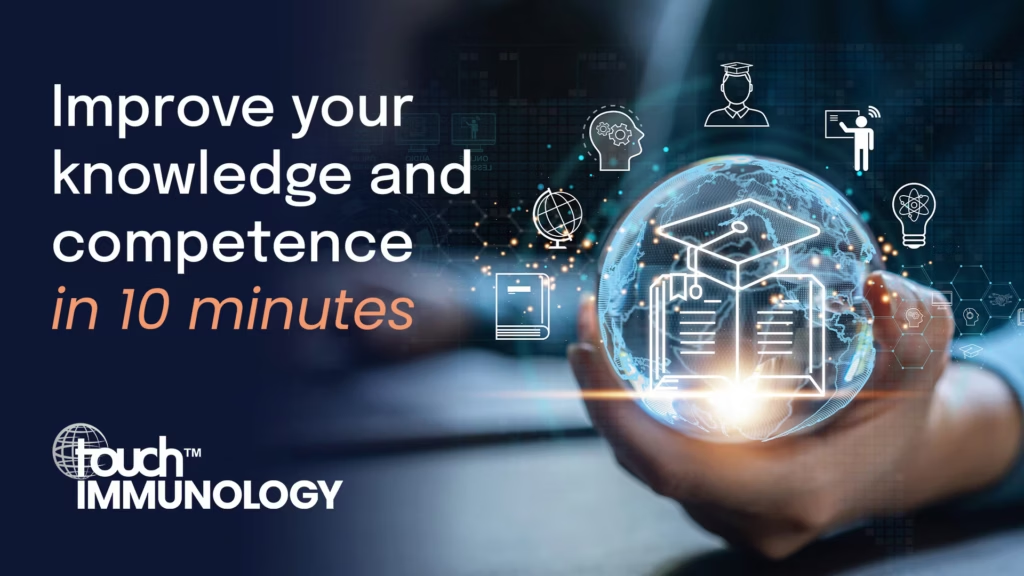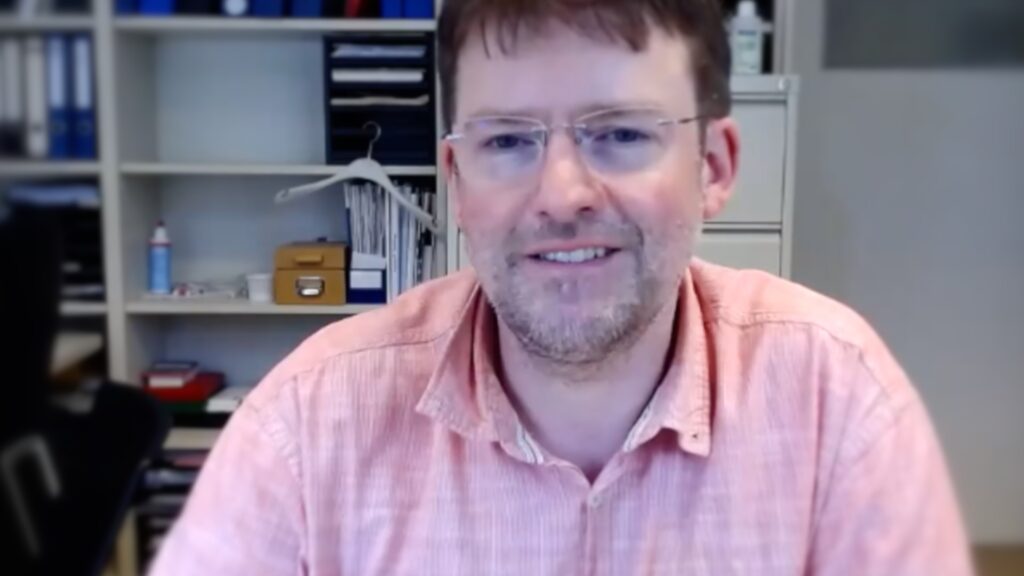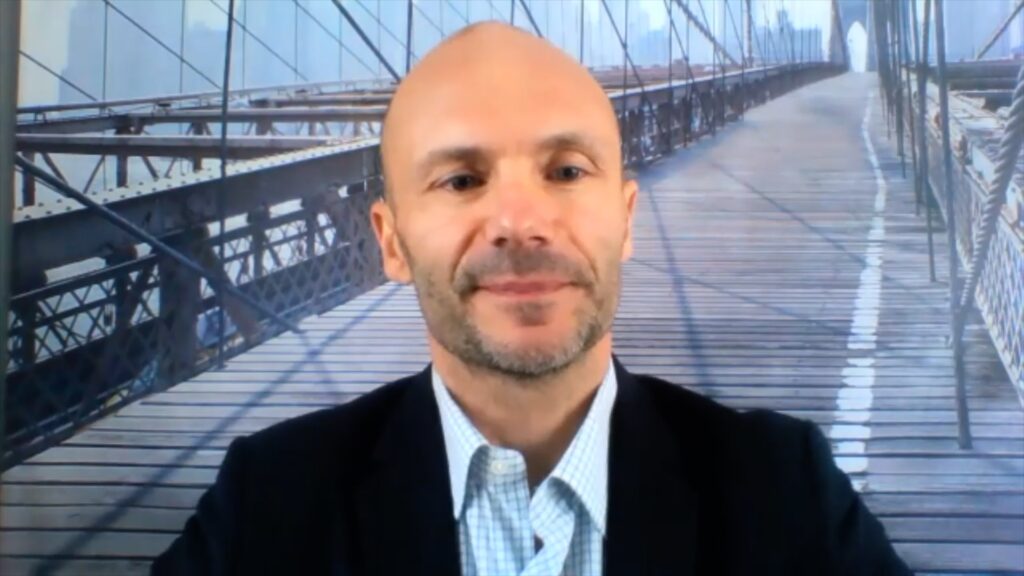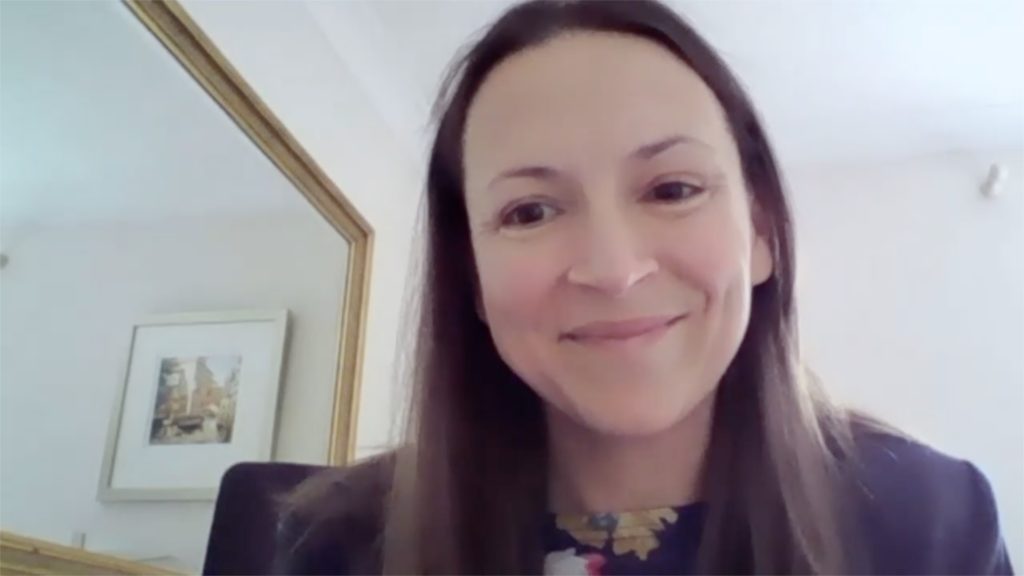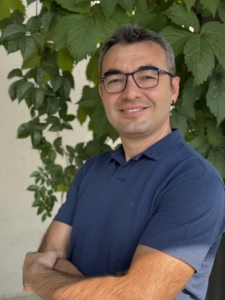 Dr Varol Tunali is a rising voice in medical parasitology and microbiome science, with a research career rooted in global health equity and translational impact. He trained in medical parasitology and currently serves as a researcher at the Department of Parasitology, Ege University Faculty of Medicine, Turkey. From his early work on Blastocystis and leishmaniasis to his growing focus on the intersection of microbiome data and artificial intelligence, Dr Tunali brings a multidisciplinary lens to some of today’s most complex public health challenges. In this interview, he reflects on the evolving understanding of parasitic infections, how AI is reshaping personalized care in gastrointestinal and immune-related conditions, and the importance of mentorship and collaboration in navigating a scientific career.
Dr Varol Tunali is a rising voice in medical parasitology and microbiome science, with a research career rooted in global health equity and translational impact. He trained in medical parasitology and currently serves as a researcher at the Department of Parasitology, Ege University Faculty of Medicine, Turkey. From his early work on Blastocystis and leishmaniasis to his growing focus on the intersection of microbiome data and artificial intelligence, Dr Tunali brings a multidisciplinary lens to some of today’s most complex public health challenges. In this interview, he reflects on the evolving understanding of parasitic infections, how AI is reshaping personalized care in gastrointestinal and immune-related conditions, and the importance of mentorship and collaboration in navigating a scientific career.
Q. How has your work on Blastocystis and parasitic infections informed current epidemiological and diagnostic approaches?
My journey with gastrointestinal parasites began in 2014, and from the very beginning, Blastocystis stood out. Despite its prevalence in lab results, its pathogenic potential has long been debated; with conflicting evidence on both sides. To address this uncertainty, we undertook several retrospective studies to assess its clinical impact. In 2023, I joined the initiative, COST Action CA21105 “Blastocystis Under One Health” as an early career researcher, which revitalized my focus on this parasite. This international collaboration provided access to a global network of experts and allowed us to pose more refined, evidence-based questions about clinical significance of Blastocystis.
Our current project, a comprehensive scoping review, aims to map all available evidence on the human health impacts of Blastocystis. While ambitious, we are driven by a collaborative spirit and rigorous methodology. I believe the final product will serve as a cornerstone for guiding future research and informing clinical and diagnostic practices in parasitology.
Beyond Blastocystis, my work has also focused extensively on Leishmania spp. Under the mentorship of Prof. Dr Ahmet Özbilgin, I witnessed firsthand the evolving epidemiology of leishmaniasis in Turkey; shaped by human mobility, geopolitical instability, and climate change. Turkey, situated at the intersection of continents, has seen a marked increase in leishmaniasis cases due to the influx of refugees and shifting ecological conditions. We have conducted epidemiological research to monitor this transition and emphasized leishmaniasis as a model for understanding how quickly vector-borne diseases can re-emerge and spread. This has crucial implications for Europe and beyond, particularly as climate and migration patterns continue to shift. Alongside our findings, we’ve also proposed collaborative frameworks to address these emerging public health challenges through joint action and preparedness.
Q. In your view, how is AI transforming personalized care in gastrointestinal and immune related conditions, particularly through microbiome science?
Microbiome science, to me, feels like the discovery of a new continent; full of promise, complexity, and untapped potential. It offers a vast landscape of opportunities to understand health and disease in ways we never could before. But like any frontier, it also brings challenges, including the risk of misinterpretation or premature conclusions. At the same time, we are witnessing the rise of artificial intelligence, arguably the first form of intelligence humanity has encountered beyond its own.
AI has the capacity to take on what was once impossible: making sense of the enormous complexity in microbiome data, host factors, and environmental influences, and turning that into actionable insights. With its ability to detect subtle patterns and predict outcomes at an individual level, AI could finally help us realize the long-standing ideal in medicine; that we treat patients, not just diseases.
Although we still have much to learn, I believe AI has the potential to be a truly transformative tool in gastrointestinal and immune-related conditions. It can help clinicians move beyond broad treatment protocols and toward personalized care strategies that reflect the unique biology and lived experience of each patient. The key will be to approach this integration with both scientific rigor and humility.
Q. Looking back on your career so far, what achievement are you most proud of, and why?
If I had to choose one thing, I would say I’m most proud of staying committed to the core values that first drew me to medicine, especially the desire to serve those who are often overlooked. I initially set out to become a clinician, possibly a surgeon, but over time, I realized my goals and lifestyle pointed in a different direction. That reflection led me to medical parasitology, a field that speaks deeply to global health equity and the needs of vulnerable populations.
Parasitic diseases, many of which are classified as neglected tropical diseases, are often tied to poverty and limited access to care. During my PhD, I became aware of how difficult it can be to build research partnerships or secure funding in this field, particularly in regions with fewer historical or institutional ties to global health networks. These challenges can be discouraging, but they’ve only strengthened my motivation to keep working toward more inclusive, accessible science.
While I’ve also moved into microbiome research in recent years, I still carry a strong sense of purpose from my work in parasitology. If there’s an achievement I value most, it’s not a specific project or paper, but rather continuing to hold onto that purpose through each turn in my career.
Q. Have there been mentors or collaborators who significantly shaped your professional development or scientific approach?
Absolutely. The person who has had the most profound influence on my career is Prof. Dr Ahmet Özbilgin. During my PhD in medical parasitology, a time that was particularly challenging for me, he was the one who recognized my potential and chose to support me when I was close to walking away from academia entirely. He became my co-supervisor, guided me through countless difficulties, and helped me find both my footing and my voice as a researcher. I truly believe that without his support, I would not have completed my PhD, nor would I be on the path I am today.
More recently, I’ve also been deeply inspired by Dr Luigia Scudeller, Guidelines Director at ESCMID. I had the opportunity to take part in a series of training courses she helped initiate, aimed at developing the next generation of experts in clinical guideline methodology. These courses not only reshaped how I think about evidence and decision-making in medicine, but also introduced me to leading scientists whose humility, openness, and dedication left a lasting impression on me. These relationships have played a central role in shaping both my scientific perspective and professional values.
More content in digestive disorders.
Cite: Varol Tunali. Microbiome breakthroughs and beyond: Dr Varol Tunali on AI, parasites, and health equity. touchIMMUNOLOGY. 4 August 2025.
Editor: Victoria Smith, Senior Content Editor.
Disclosures: This short article was prepared by touchIMMUNOLOGY in collaboration with Varol Tunali. touchIMMUNOLOGY utilize AI as an editorial tool (ChatGPT (GPT-4o) [Large language model]. https://chat.openai.com/chat.) The content was developed and edited by human editors. No fees or funding were associated with its publication.
Related content
- Shaping the next era of gastroenterology and early cancer detection: a Q&A with future leader, Andreas Hadjinicolaou
- What’s New in the 2025 ACG Crohn’s Disease Guidelines: Personalized Care and Advanced Therapies
- A Career in Endoscopy: 5 insights from UEG Lifetime Achievement Awardee – Paul Fockens
SIGN UP to TouchIMMUNOLOGY!
Join our global community today for access to thousands of peer-reviewed articles, expert insights, and learn-on-the-go education across 150+ specialties, plus concise email updates and newsletters so you never miss out.

